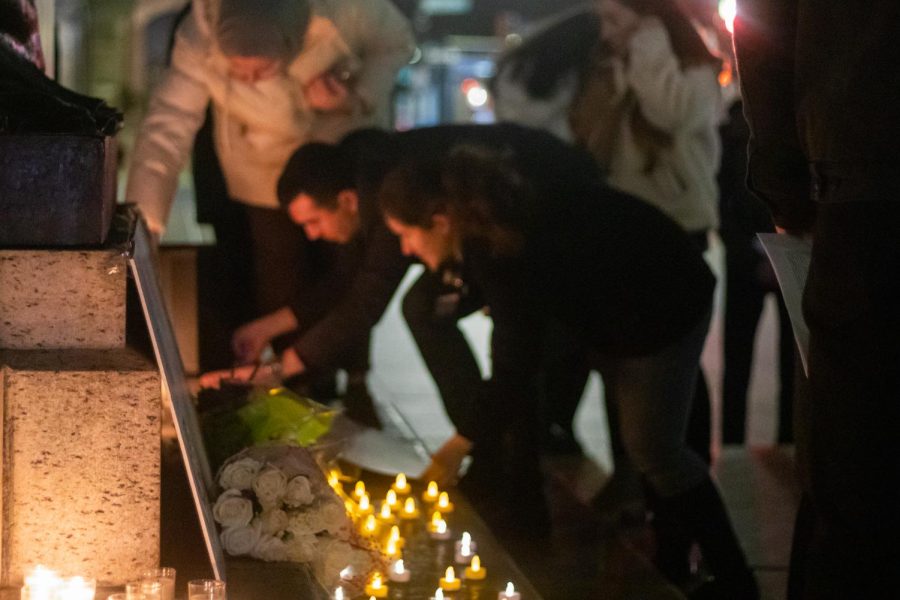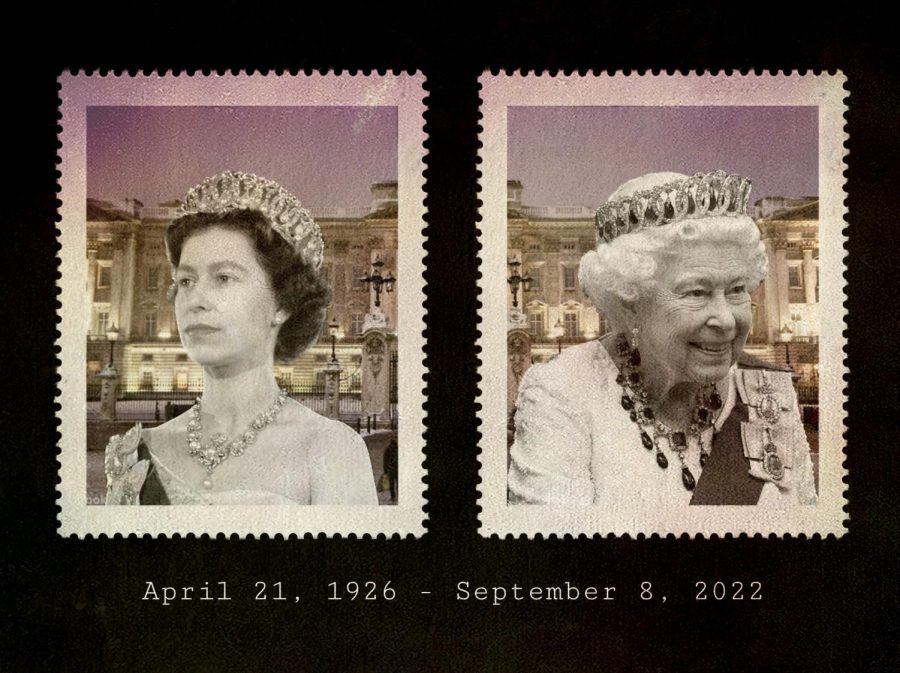This week, America witnessed a new President Trump; a president of swift action in the face of an international atrocity. In one of Trump’s most supported decisions thus far, the United States lobbed 59 tomahawk missiles at Syria’s Al Shayrat Airfield in response to Syrian President Bashar al-Assad’s chemical attack on his own people last week. Although it was a powerful display by the world’s most well-funded military, that is all it was: a display, courtesy of Trump.
As the current situation stands, last week’s missile attack by Trump can be seen as nothing more than a publicity stunt. Until he elaborates on his military involvement in Syria, his actions can’t be considered to be anything more than a reactionary, shallow attempt at a quick win. In a way, Trump’s move can be compared to a boxer who attempts to remedy a losing streak with an easy opponent. Only in this case, the opponent that he set his sights on isn’t going away after a brief demonstration of power.
Trump’s first major military action as president was a superficial, self-serving maneuver. It targeted an enemy that the world was rightfully outraged at. Dozens were killed by Assad’s sarin gas. It was a no-brainer for a newly elected Trump whose approval ratings have been less than stellar. It was his time to shine, but he chose to do so with an action that looked and felt impressive without any real geopolitical effect. The results of the missile strike benefitted Trump, and Trump alone. He got a chance to act like a real president on national news, while Syria will no doubt remain a war-zone.
Nevertheless, the reality-show president’s plan produced positive results. According to a recent ABC/Washington Post poll, the majority of Americans supported Trump’s missile strike. This is not a surprising reaction to the attack. Assad broke war-etiquette by employing chemical weapons on his own people. A response was warranted, and even a broken clock is right twice a day.
As video emerged of the missiles headed for the Syrian airfield, sweet revenge was in the air and Americans that watched the broadcast got the intoxicating hit of patriotic dopamine that the country was desperately jonesing for.
The problem is, Assad’s chemical attack, that 59 tomahawk missiles attempted to address, was arguably caused indirectly by the Trump administration. The U.S. played a major role in demanding that Assad give up his chemical weapons in 2013. Just days before last week’s chemical attack, the U.S. hinted that they were going to leave Syria’s fate up to its civilians and let Assad stay in power; less than four years after he killed more than 1,000 with similar chemical attacks.
The “longer-term status of President Assad,” U.S. Secretary of State Rex Tillerson said, “will be decided by the Syrian people.” Later that week, Assad committed an atrocity against the very people who the U.S. stated would be deciding his future. To believe that this announcement didn’t signal a green light for Assad would be, put nicely, naive.
The decision to call “hands off” on Syria is defensible, the U.S. perennially faces heavy criticism for acting as the world police, but the inconsistency that followed is concerning. A president, of all people, is required to be dispassionate in the decision making process, but the foreign policy that was announced by Tillerson took an immediate 180 degree turn after Trump observed photos of “beautiful little babies” who died in












